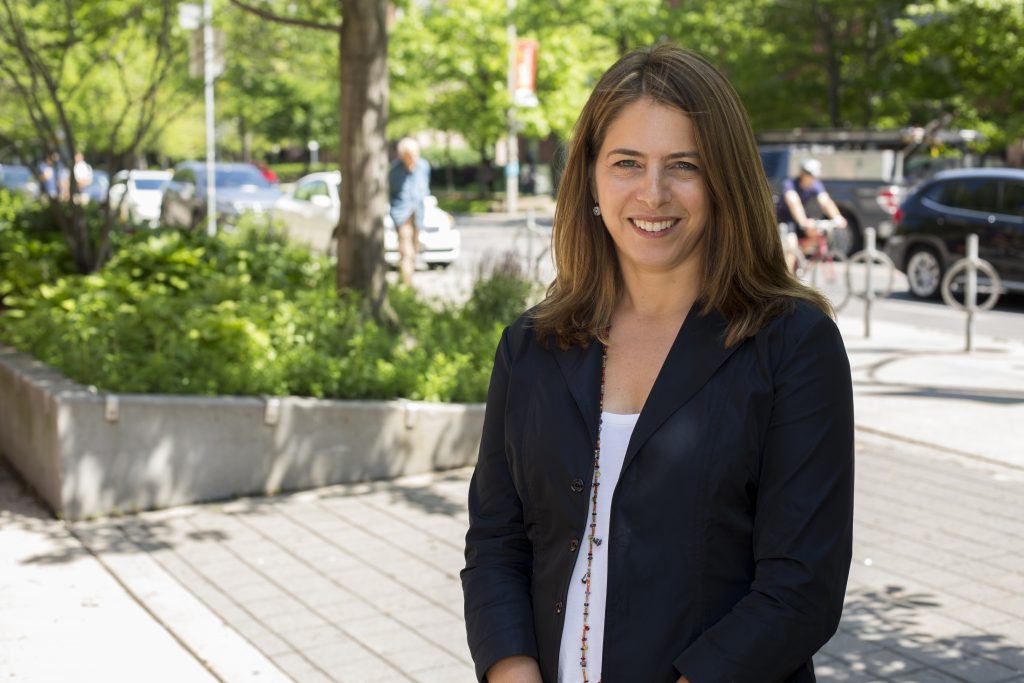
UTTRI associated faculty Professor Shauna Brail was one of several experts interviewed by CBC Radio’s “Spark with Nora Young” for “The Spark Guide to Civilization, Part One: Movement.”
A web summary of the one hour program entitled “Planning the future of transportation? Think sustainability, social equity, experts say” was posted online September 25 along with the full podcast. The program aired on CBC Radio One September 27 and September 30.
Brail states via tweet:
This episode of Spark on the future of transportation focuses less on glitzy tech like hyperloops, flying cars, and drones and instead focuses more on how to make sure that the way we move around becomes both more sustainable and equitable.
Brail prioritizes meeting society’s needs and says that technology can be part of meeting those needs and providing net benefits only if carefully planned. Avoiding undesired outcomes will take foresight.
Thinking about unintended consequences of technologies and whether it’s possible to re-frame the environment in which they operate so that we still continue to get the value and the benefit, but that we don’t create quite as many negative externalities as a result.
Brail also observes that technological changes in the future will require changes in our behaviour. She believes that it may be necessary to incentivize desired behaviours such as active transportation and transit use to arrive at the positive outcomes we ultimately want: sustainability and equity.
We need to think more carefully about both disincentives – things like additional charges, taxes, congestion charges – but we also need to think about incentives. How do we encourage people? How do we make them want to travel differently?
Without behavioural change, Brail says, technology is not enough:
If we do nothing, the future we’re getting is more congestion, more urban spread, more emissions, more people looking to purchase private automobiles because there has been poor investment in transit and transportation infrastructure. And we’re creating a more inaccessible society as a result.
